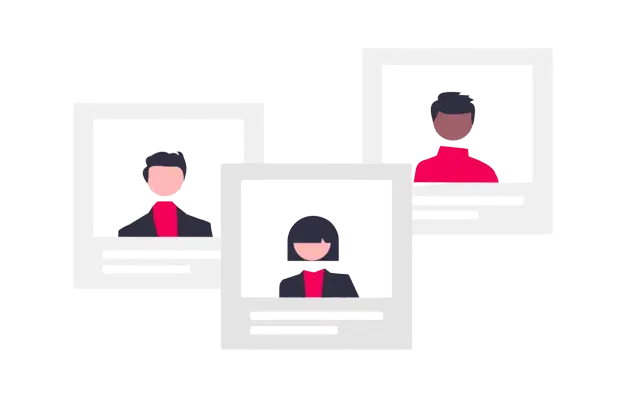Overview of Diversity and Inclusion - Foundations Test
The diversity and inclusion - foundations assessment ensures candidates have the necessary foundation to drive inclusive cultures, attract diverse talent, and foster equity and belonging.
Skills measured
- Knowledge of Diversity and Inclusion Principles
- Cultural Competence
- Inclusive Communication
- Bias Awareness and Mitigation
- Diversity Recruitment and Retention
- Employee Engagement and Advocacy



